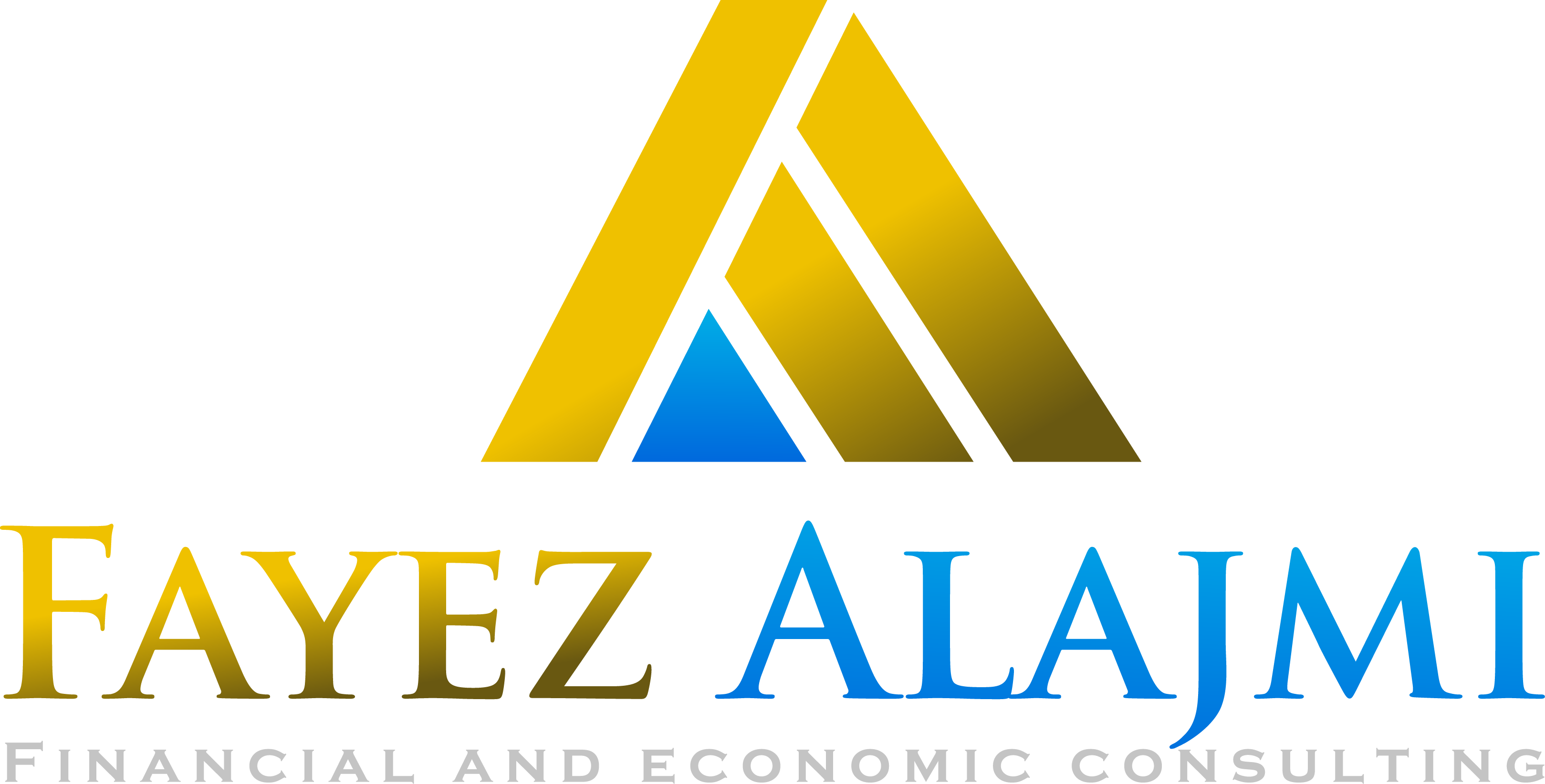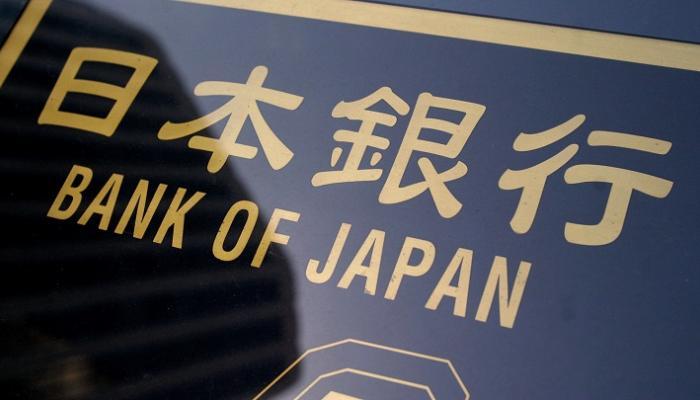
 22 September، 2021
22 September، 2021
 ابحاث السوق
ابحاث السوق
 Views
: 453
Views
: 453

The Bank of Japan decided in its meeting that ended in the Asian session today, Wednesday, September 22 (September) to keep its monetary policy unchanged and to keep negative interest rates at -0.10% by a majority of 8-1, and the bank announced that it would buy any necessary amount of Japanese government bonds JGBs. Dot set an upper bound so that 10-year Japanese government bond yields remain at around zero percent.
With respect to asset purchases other than JGB purchases, the Bank of Japan will purchase ETFs and J-REITs as necessary, up to a maximum of about 12 trillion yen and about 180 billion yen respectively, and confirmed that it will buy CP bonds and corporate bonds with a maximum of 20 trillion yen. yen in total until the end of March of next year 2022.
The bank’s monetary policy statement stated that the Japanese economy has rebounded despite the impact of the Corona virus, but some exports have been affected, and the bank stressed that the supply chain disruption and global chip shortage will be resolved sooner or later. access to financing needs.
The spread of the new Delta strain in Japan has forced the Japanese government to put some provinces with relatively high numbers of infections in a state of emergency, which is scheduled to end on the 30th of September and consider lifting it in whole or in part.
The markets are awaiting the press conference of the President of the Central Bank of Japan, Kuroda, moments later, and talk about the bank’s monetary policy and the impact of the presidential elections of the ruling Liberal Democratic Party, which will take place a week later, on Japanese markets.
The Japanese yen is trading lower against the US dollar at 109.55 levels, down more than 30 pips after testing 109.15 levels at the beginning of the session.
On the other hand, the leading Japanese stock index NIKKEI loses about 124 points and is trading at 29.715 levels, down by 0.42%, while the TOPIX index is trading at 2.048 levels, down by 0.76%.